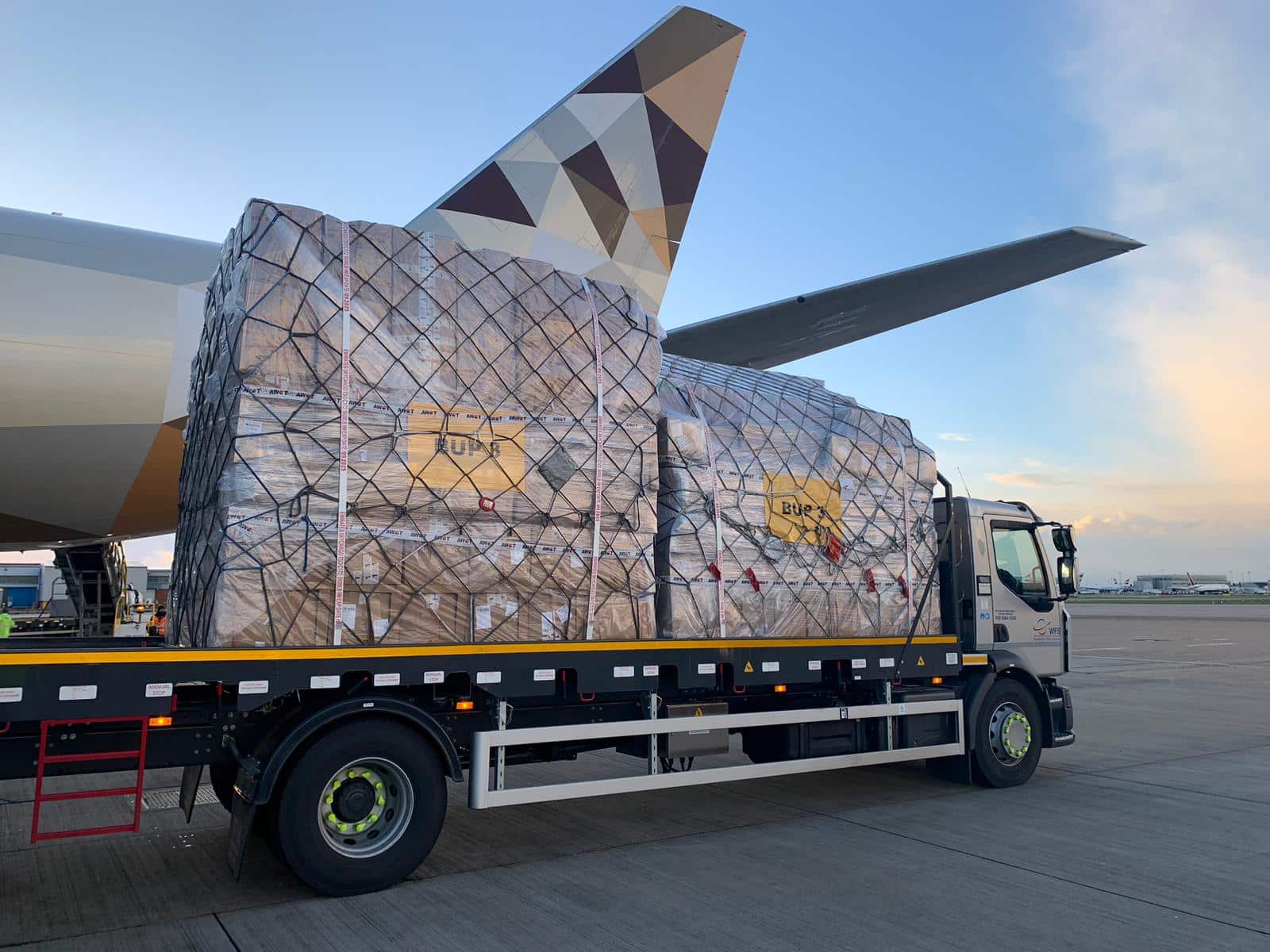Business
WFS Embarks on Biofuel Trial for Airside Fleet at Heathrow

In a significant step towards sustainable operations at one of the world’s busiest airports, Worldwide Flight Services (WFS), an entity under the SATS Group, has initiated a three-month trial of hydrotreated vegetable oil (HVO) biofuel. This trial is taking place within its airside transportation fleet at London’s Heathrow Airport, aligning with broader environmental goals set by both WFS and the airport itself.
Launched on July 1, 2024, the trial focuses initially on two vehicles within WFS’s airside transport lineup. Depending on the results obtained from this trial period, there are plans to progressively incorporate HVO biofuel into the remaining fleet of 77 airside transport vehicles. These vehicles are responsible for approximately 130,000 truck movements annually at the airport, supporting operations for ten different airline customers.
The partnership for this biofuel trial is established with Airport Energy, a subsidiary of WP Group, which will supply the necessary biofuel for the test. Paul Carmody, managing director of UK Cargo for WFS, remarked on the importance of this initiative, stating, “This trial will help us determine if biofuel is suitable for our operation and, if it is, we will move more vehicles over to HVO over the next 12 months.” This initiative underscores WFS’s commitment to support sustainability efforts at Heathrow Airport, which has set ambitious targets for reducing emissions.
Heathrow Airport has outlined a comprehensive sustainability strategy, dubbed ‘Heathrow 2.0,’ which aims for all vehicles operating within its precinct to either be zero-emission or utilize biofuels by the year 2030. In support of this strategy, James Golding, Head of Cargo at Heathrow, expressed his enthusiasm for WFS’s trial, noting that biofuels can significantly lower lifecycle carbon emissions at the airport, thus benefiting both the environment and surrounding communities.
Beyond the biofuel trial, WFS is undertaking a wider initiative to renew and upgrade its transport fleet to meet evolving environmental standards. This includes plans to trial an electric truck within its operations at Heathrow. In addition, WFS is making efforts to promote eco-friendly driving habits among its staff through enhanced training programs and assessments aimed at improving driving standards.
WFS has already transitioned most of its airside vans from traditional diesel engines to a fully electric fleet, a move that supports both Heathrow’s sustainability agenda and WFS’s own environmental goals. The airside fleet, overall, adheres to the stringent Euro 6 environmental standard, designed to minimize harmful exhaust emissions and improve local air quality, showcasing WFS’s commitment to reducing its ecological footprint.
The outcome of this trial could set a precedent for the future of airside transport not only at Heathrow but potentially at airports worldwide. With growing concerns around climate change and air quality, the aviation and transport sectors are under increasing scrutiny to adopt cleaner practices. In this context, the results from WFS’s biofuel trial might influence similar initiatives and investments across the industry.
As the aviation sector continues to adapt to these environmental challenges, the successful implementation of cleaner fuels like HVO could represent a vital component in the industry’s transition towards sustainable operations. The results of WFS’s trial will likely be watched closely by industry stakeholders and environmental advocates alike, as they may usher in a new era of reduced emissions and enhanced sustainability within air transport logistics.












